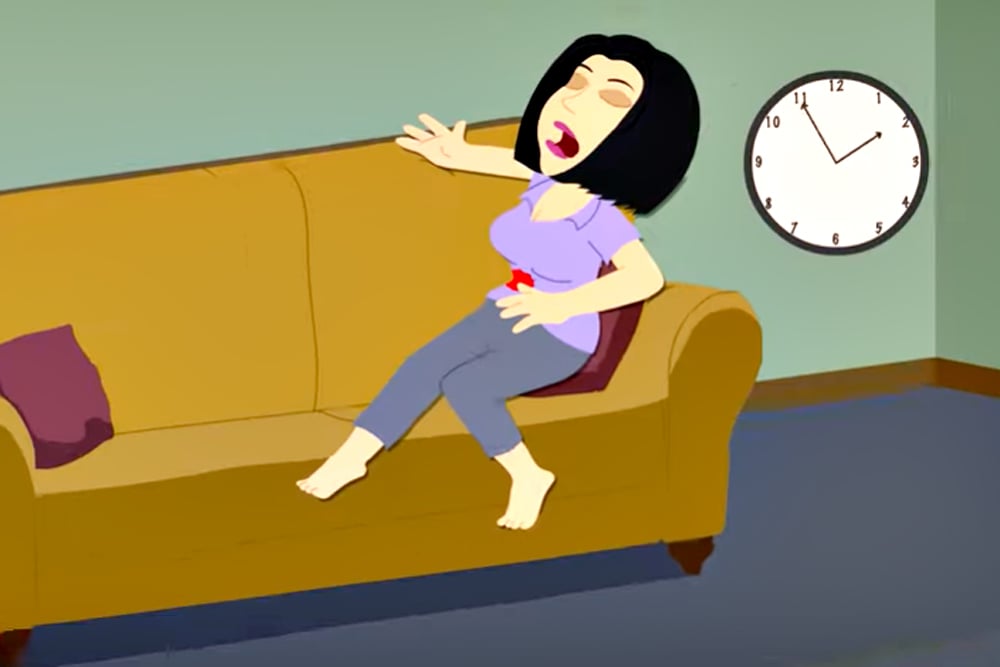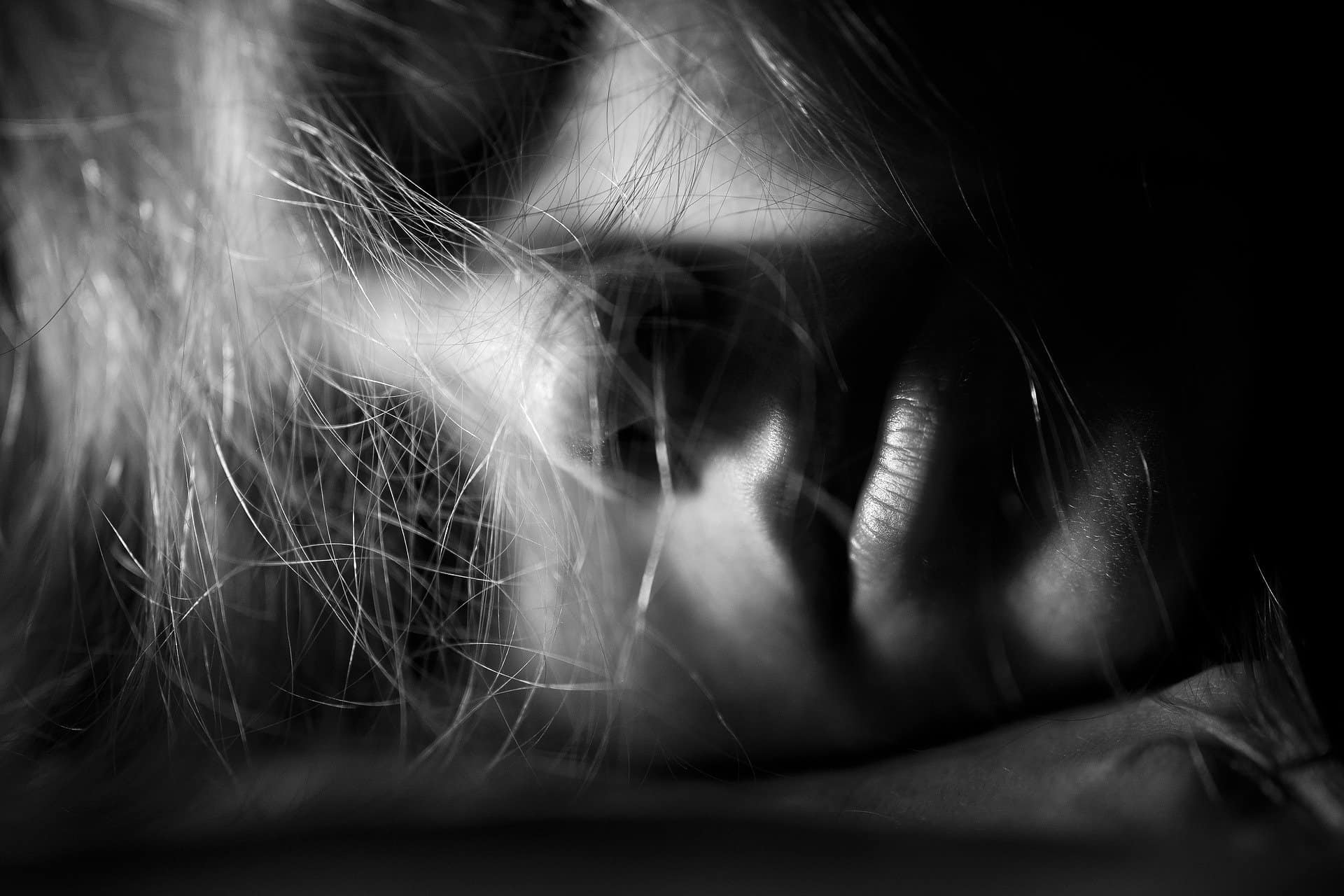Originally posted by A P Tomlinson
View Post
It sounds like you did not get an opportunity to buy Sir Howard Vincent's Police Code 1889, Bell & Wood, 2015. This is the handbook for the constable at the time, all the rules and guidelines to do their job properly. It was published by Casebook members Neil Bell & Adam Wood.
It was a limited publication of 25 at first, I can't recall if they expanded that though.
Neil Bell used to be on here under the name Monty, last visit was June this year.








Comment